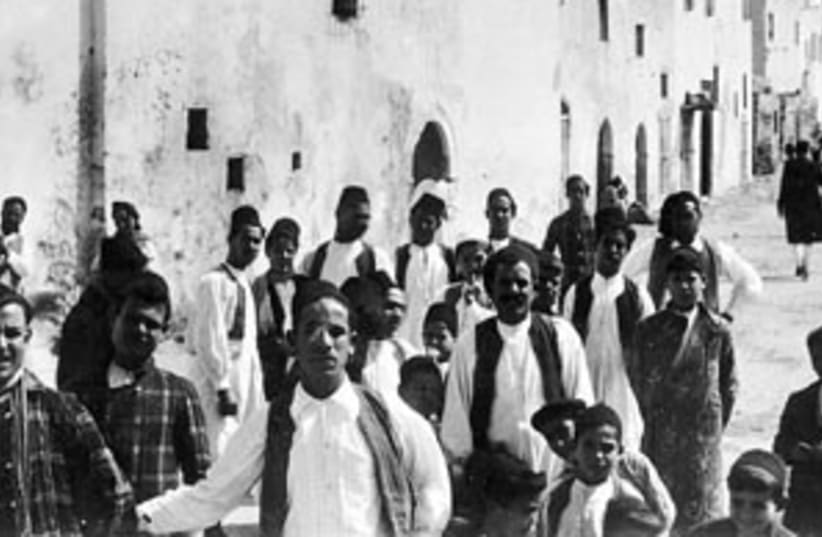| More about: | Tripoli, Roman Empire, Israel, Muammar al-Gaddafi |
Tripoli's ghosts
Libya was home to one of the most thriving Jewish communities, whose descendants want to visit the graves.


| More about: | Tripoli, Roman Empire, Israel, Muammar al-Gaddafi |